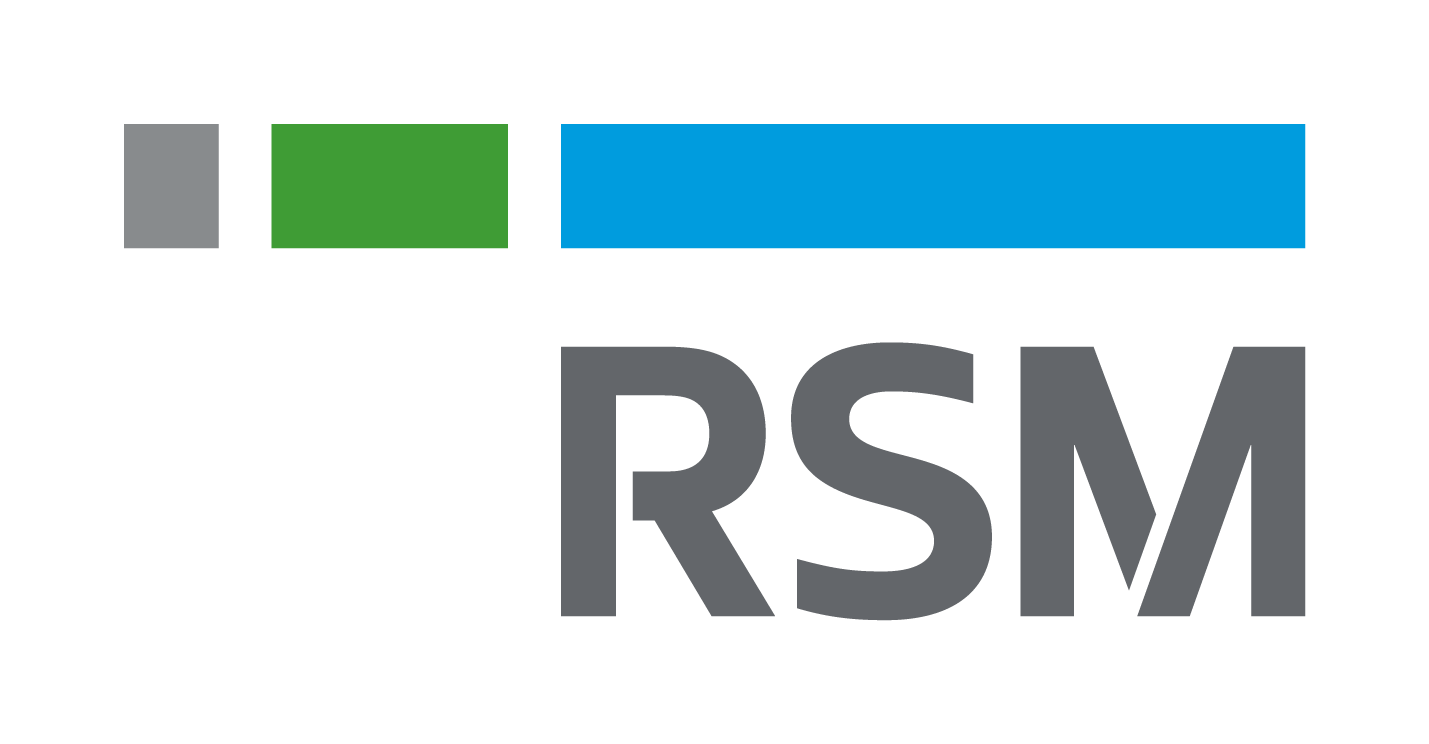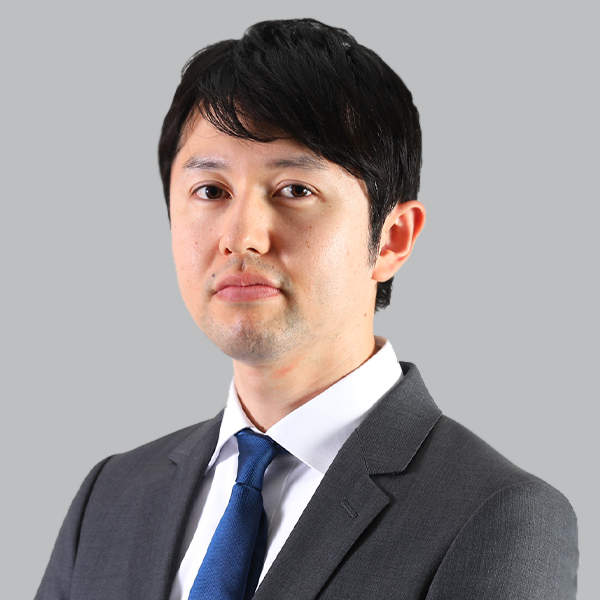Understanding J-Find and J-Skip
October 10, 2023
Overview:
The Japanese government has introduced two new programs, J-Find and J-Skip, aimed at attracting highly skilled foreign professionals.
The first is the expansion of the requirements for obtaining the current “Highly Skilled Professional” status. Under the current system, a person can obtain a ” highly skilled professional ” if he or she has earned 70 points or more by adding up points based on academic background, work experience, and annual income using a predetermined points calculation table. The new J-Skip system does not use a point system, but rather evaluates annual income, and offers more preferential treatment than the “Highly Skilled Professional” system.
The second is the “J-Find” program for graduates of top-ranked universities, which allows them to stay in Japan for up to two years, during which time they may work.
These programs offer enhanced opportunities for talented individuals to contribute to Japan’s workforce.
Special Highly Skilled Professionals (J-Skip)
J-Skip is designed for Special Highly Skilled Professionals, providing a different approach compared to the existing Highly Skilled Professional system, focusing on evaluating annual income rather than a point-based system. Requirements are as follows.
Requirement 1: Type of Activity
The work performed in Japan must align with categories within the Highly Skilled Professionals i (a), i(b), or i(c) activities.
Requirement 2: Education/Work Experience/Annual Income
Highly Skilled Professionals falling under i(a) or i(b) categories require
- A master’s degree or higher along with an annual income of at least 20 million yen.
- Alternatively, they need a minimum of 10 years of work experience in the intended business field with the same income threshold.
For Highly Skilled Professionals i(c), a minimum of 5 years’ experience in business management and an annual income of at least 40 million yen is required.
Preferential Treatment for J-Skip as follows.
- Permissions for complex activities
- A 5-year stay
- Relaxed permanent residence requirements
- Spousal employment
- Parental accompaniment under certain conditions
- Domestic servant arrangements
In addition to these preferential measures granted to “Highly Skilled Professionals,” preferential measures specific to Special Highly Skilled Professionals (J-Skip) are as follows.
- J-Skip can employ up to two foreign domestic servants if their annual household income is 30 million yen or more, without family situation requirements.
- Spouses of J-Skip can work in specific activities falling under the statuses of “Professor,” “Artist,” “Religious Activities,” “Journalist” and “Skilled Labor” for more than 28 hours per week, even if they do not meet the requirements for academic background. Spousal work for the standard “Highly Skilled Professionals” was limited to activities falling under the statuses of “Researcher,” “Instructor,” “Engineer, Humanities, and International Services,” and “Entertainer.”
- Priority lanes at major airports are available for entry and exit purposes.
The period of stay required for a permanent residence application is one year.
Future Creation Individual(J-Find):
The Future Creation Individual (J-Find) scheme offers opportunities for foreign graduates from top-ranked foreign universities (including Japanese universities) to explore job prospects and corporate engagement in Japan. Requirements for J-Find as follows.
Requirement 1: University Graduation
Graduation from a university ranked in the top 100 in at least two of the three world university rankings or completion of a graduate program with a degree or professional degree.
Requirement 2: Years Since Graduation
Eligible within 5 years from the conferral of the degree or professional degree.
Requirement 3: Financial Stability
Applicants must possess a minimum of 200,000 Japanese yen in savings to cover initial living expenses during their stay in Japan.
Spouses and children of future creators are also eligible for residency.






![Class 2 Highly Skilled Professional Visa and Permanent Resident Status Comparison in Japan [text] As skilled labor](https://shiodome.co.jp/en/wp-content/uploads/2021/09/shutterstock_521252371-300x300.jpg)
